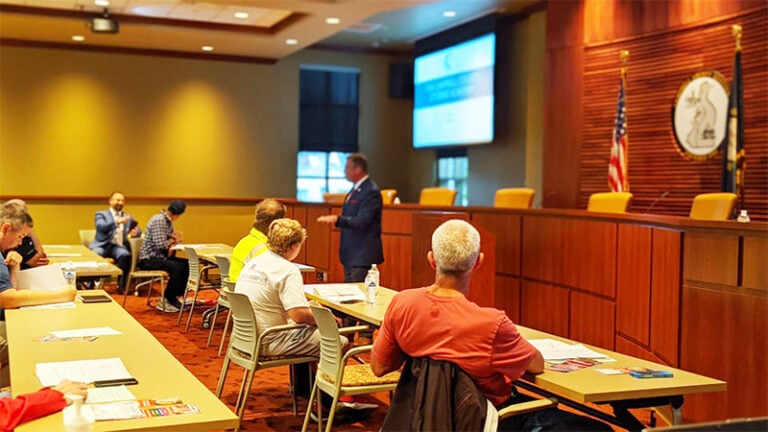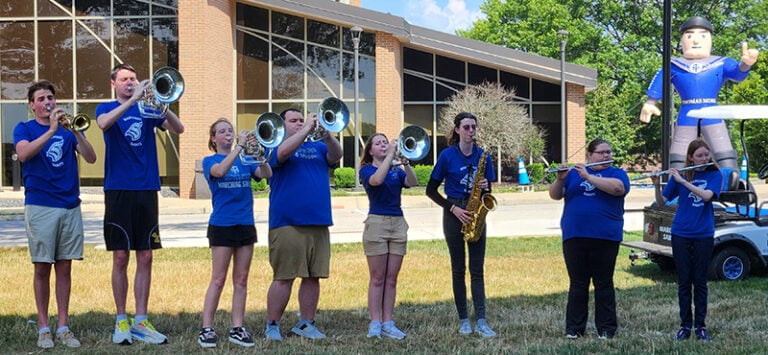By Mark Hansel
NKyTribune Contributor
The 2015 Regional Opiate Summit at the Northern Kentucky University Mets Center in Erlanger kicked off Monday with comments from three U.S. Senators and the newly appointed U.S. Drug Czar.
Senate Majority Leader Mitch McConnell, R-Ky, Sen. Rob Portman, R-Ohio and Michael Botticelli, Director of the White House Office of National Drug Control Policy, spoke via video. A prepared statement from Sen. Dan Coats, R-Indiana, was also read to the crowd of about 200.
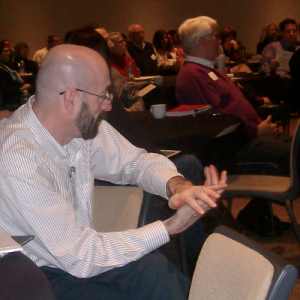
The two-day summit was organized to bring together community advocates, health care professionals, and members of treatment organizations from throughout the tri-state to discuss the challenges associated with addiction and prevention options.
McConnell said Kentucky needs regional efforts such as the Opiate Summit to combat the growing opiate abuse problem, which includes the abuse of prescription painkillers and heroin.
“The scope of Kentucky’s problem with opiates is shocking,” McConnell said. “The Bluegrass State has the nation’s third-highest mortality rate from drug overdoses, which are largely driven by prescription painkillers.”
While Eastern Kentucky has the highest rates of overdose deaths in the Commonwealth, McConnell said Northern Kentucky is the epicenter of heroin addiction in Kentucky. He said heroin deaths accounted for 32 percent of drug overdoses in 2013 and identified Boone, Campbell and Kenton counties as among those hardest hit by overdoses.
Portman said the challenge of combating opiate addiction is close to his heart and he looks forward to working with regional leaders to find community-based solutions to help solve the problem. He said that while the drug of choice changes from time to time, addiction is an ongoing problem and members of local communities have to be on the front lines.
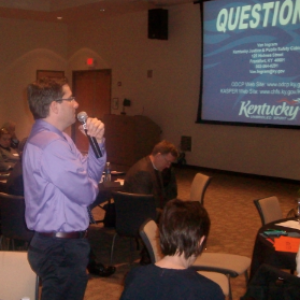
“We’ve learned that the best way to fight addiction is not through a top-down, one-size fits-all program,” Portman said. “Instead, it’s best to work from the grass roots up, with our communities coming together to put together proven solutions – science-based solutions.”
Botticelli said 1049 people, or about 20 a week, died in Kentucky as a direct result of drug use or misuse in 2013.
“More people in Kentucky died in 2013 from drug use than from motor vehicle accidents or firearms,” Botticelli said. “This epidemic affects our neighbors, our family members and our friends. The discussions you will have today are deeply important to the health and the future of your state and the work you continue when you leave this summit will matter even more.”
Van Ingram of the Kentucky Office of Drug Control Policy and Andrea Boxill from the Ohio governor’s Cabinet Opiate Action Team also spoke about drug control policy from the state level.
Robert Ford, a Northern Kentucky Health Department health educator, said Kentucky lawmakers need to pass effective legislation during the current session to help in the fight against opiate abuse. He encouraged Northern Kentuckians to contact local legislators and relate the sense of urgency in the local community but also to begin taking their own steps to help fight the addiction problem.
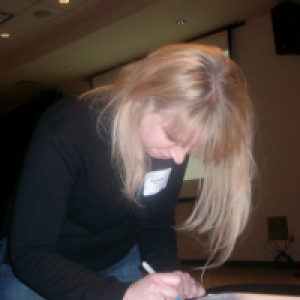
“We need to do something now, legislation is in the works, but one of the things we can do now is, the syringe access program,” Ford said. “That will have an immediate impact on the transmission of diseases and give the opportunity for people who are using to have access to care.”
The summit included a series of breakout sessions, led by local health care professionals and prevention workers. The sessions focused on harm reduction, treatment, prevention, supply reduction, advocacy and healthcare.
The Regional Opiate Summit, which was organized by Interact for Health, was the lynchpin for a calendar of events associated with United Against Opioid Use and Heroin Week in the area. Other groups participating in the summit included the Clermont County Mental Health and Recovery Board, the Northern Kentucky Area Development District and the University of Cincinnati College of Pharmacy.
Another conversation about addiction
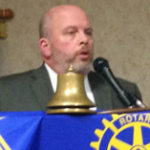
Just a few miles from the Mets Center, at the Airport Hilton hotel in Florence, a very different audience was learning about the wide reach of addiction in Northern Kentucky. Members of the Florence Rotary Club listened to a presentation on opiate addiction from retired Florence Police Captain Linny Cloyd during the group’s weekly meeting.
Cloyd, a member of the Boone County Alliance for Healthy Youth, talked about the experiences with abuse and addiction he has witnessed firsthand as a 27-year law enforcement veteran. One of the challenges, he says, is that many people are seeking a logical solution for an illogical problem.
To make his point, Cloyd related an encounter with a heroin overdose victim who was angry with first responders who had just saved his life with a narcan injection.
“Narcan pretty much reverses the act of euphoria for a heroin addict and sends them into immediate withdrawal,” Cloyd said. “They just saved this gentleman’s life and he became belligerent and wanted to fight (because) just blew his high.”
The only way to fight the epidemic, Cloyd said, is through education and the recognition that opiate abuse is a widespread problem that impacts everyone in the region in one way or another.
The 2015 Regional Opiate Summit continues through Tuesday at the Mets Center. Those interested in learning more about the opiate abuse epidemic are encouraged to contact Interact for Health or other agencies in their local communities.









